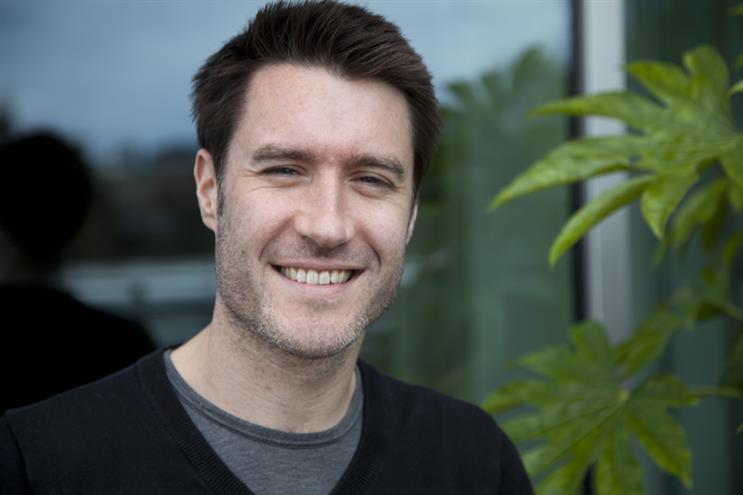
At what price, progress? If I were to sum up the general mood of SXSW after two full days of talks, it would be with this sentence.
Digital culture has been badly hurt by scandal in the last twelve months, specifically PRISM and Snowden, and it’s left everyone feeling a little cagey about applauding advancement unconditionally. After 48 hours of talks, panels and networking, it’s clear that five themes are beginning to emerge:
1: Data security is an enormous threat to our safety
Thousands packed into a cavernous auditorium on Saturday morning to listen to Julian Assange speak about his journey with Wikileaks and the dangers of data ‘theft’ from agencies like the NSA. He posed questions like "why the greatest tool of human emancipation, the internet, was become co-opted as a totalitarian surveillance system", or "whether the new standards of the web will be the best, or the worst, of what countries like the US or China have to offer".
Whilst Assange polarises opinion as an individual and often uses the rhetoric of conspiracy theorists, his message was very clear: we can no longer sit back and allow this huge breach of human rights to continue. Eric Schmidt at Google spoke at length on the dangers of the misuse of online data the day before and it was clear that the online battle for data is one which goes right to the top of world government, and compromises our freedom, our leaders and our national security.
2: Our attitude to privacy has to change
One thing that virtually every speaker on the subject seems to have agreed on is the need to educate our children on how to manage their digital footprint. It’s permanent, it can be used out of context and even do great damage to you, so it’s as important to manage as wisely as your health or your finances. Sixteen year old Maisie Williams (Arya Stark from Game of Thrones) spoke eloquently during the highly entertaining talk: ‘Six Degrees of Kevin Bacon 20 years on’ of her process for managing public profiles like Instagram and Twitter, compared to private profiles like Facebook. She has obviously taken advice due to her fame, but it’s not just famous children that need to start adopting these attitudes.
3: Technology and biology are beginning to merge rapidly
Some of the most innovative ideas at the conference so far have come from the merging of technology and biology. Joi Ito from MIT showed us beautiful footage of Silk Worms completing man-made structures and said "we will all need to know about Bioengineering in the very near future, in the same way we need to know about the internet." In the talk ‘Full of Tomorrow’ Paul Kemp-Robertson and James Kirkham spoke about the "Human Body as Interface", explaining technologies like functional contact lenses which augment your world with visual data and epidermal electronics, which can read tiny changes in body temperature or moisture to give us signals about our health.
4: Makers and hackers will lead entrepreneurship
The way in which we tear apart old models of business and re-make them using technology as a facilitator continues to be where true entrepreneurship will happen. Speakers on the panel of ‘Bitcoin & Math Based Currencies: Road to $100 BN’ extoled the virtues of the virtual payment system that allows for instant and totally secure transfer of funds, where the user owns their data trail and commissions are miniscule. Whilst there was still scepticism as to whether Bitcoin in its current form is necessarily the answer, the question of how we democratise our financial system and open it up to users is one the Bitcoin community are clearly set on cracking. Whilst over at MIT media lab they have begun developing 3D printers on cranes which could be any size and conceivably creating whole buildings. How businesses spring up to monetise amazing innovations like these will be fascinating to watch.
5: Science still has the capacity to awe and inspire
Amongst some of the doom and gloom around privacy and security, there was still the amazing capacity of science and scientists to impress, inspire and bring wonder. For sure, the highlight of the conference so far was astrophysicist Neil deGrasse Tyson, whose passion for his work and wonderfully warm and funny delivery shone with class. The US has big challenges when it comes to educating about science: 40% of Americans think astrology is based in science, and 25% believe the sun goes round the earth. But deGrasse Tyson is surely the right man to educate and inspire. He finished his hour talking about the ‘cosmic view’. That is, when we look at our tiny, insignificant planet from space, or through the eyes of other beings in this universe, our wars, our disagreements and our worries disappear. They seem ridiculous set against the broader challenges of discovering and learning about our universe and in many ways, this view can help bond us all together.
That is a theme I hope to see far more of over the coming days.


.jpg)


.jpg)